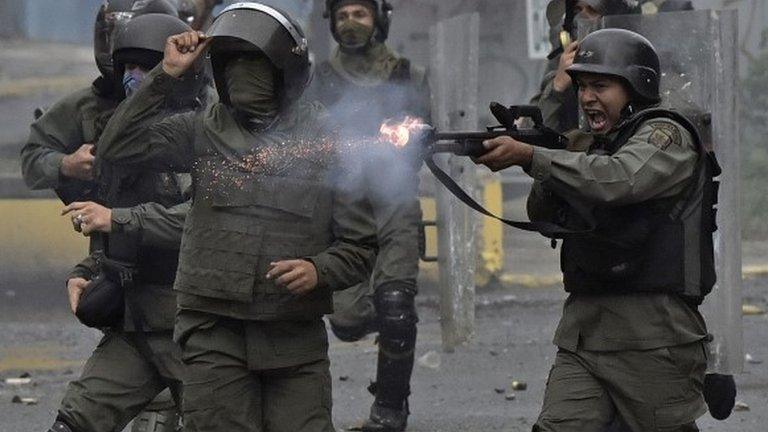Venezuela opposition denies start of talks with government
- Published
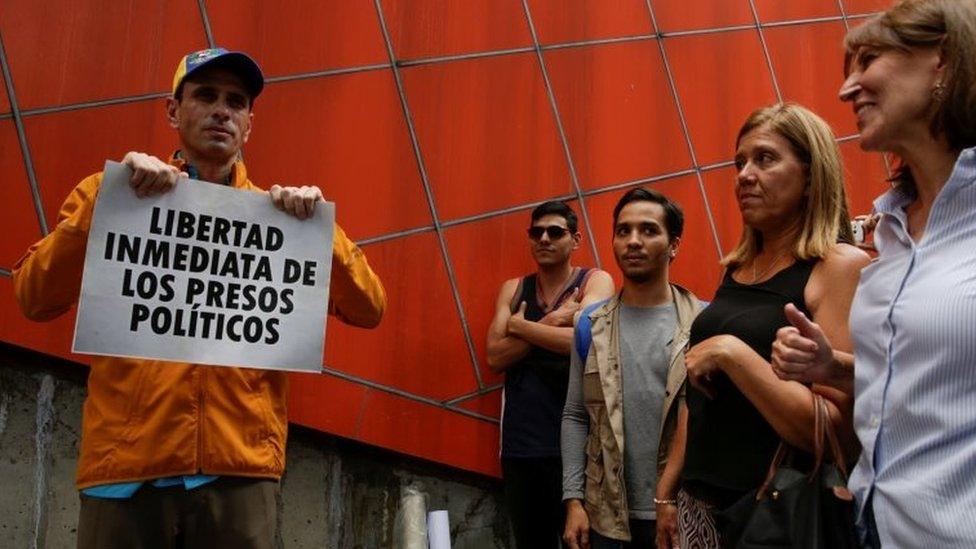
The opposition coalition demands that political prisoners be released before talks are held
Venezuela's opposition Democratic Unity coalition (MUD) has denied it will meet government representatives for formal talks on Wednesday.
The MUD said it would not enter into talks until the government agreed to address Venezuela's humanitarian crisis and to release all political prisoners, among other issues.
The country is in a deep political and economic crisis with the opposition and the government at loggerheads.
Talks held last year collapsed.
Caught by surprise?
News of the planned talks first emerged in a press release from the French Foreign Ministry, external following a meeting between French Foreign Minister Jean-Yves Le Drian and Venezuelan Foreign Minister Jorge Arreaza in Paris on Tuesday.
In it, Mr Le Drian said that he "was happy to learn that dialogue with the [Venezuelan] opposition would resume tomorrow in the Dominican Republic under the auspices of the President of the Dominican Republic Danilo Medina and former Spanish Prime Minister, President José Luis Rodríguez Zapatero".
Shortly afterwards, Venezuelan President Nicolás Maduro said he welcomed the new round of dialogue.
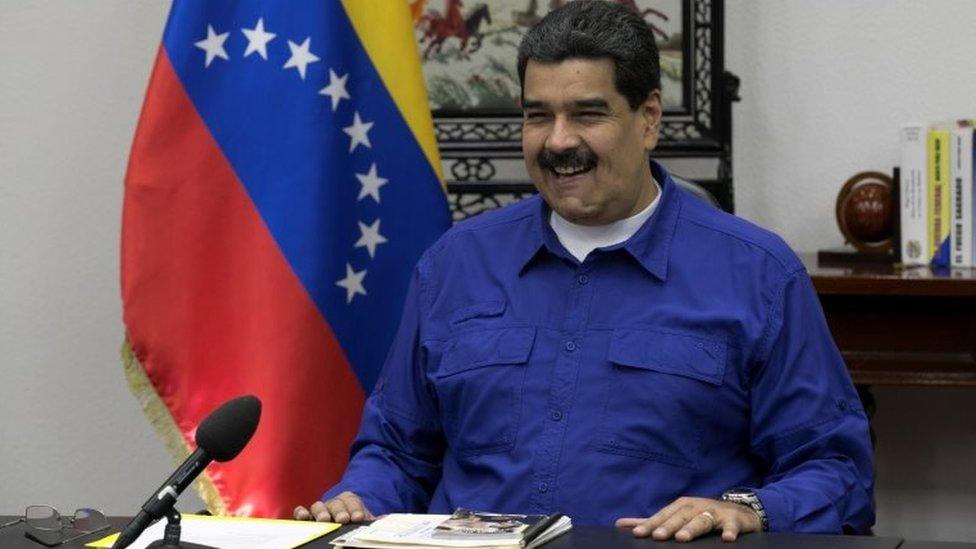
President Maduro said he would send his trusted ally Jorge Rodríguez to the Dominican Republic
"Zapatero and President Medina know very well that I have been a promoter of this dialogue and I accept this new day of dialogue," he said during a cabinet meeting broadcast on television.
He said he would send one of his closest allies, Jorge Rodríguez, to the Dominican Republic for the talks.
But the opposition MUD coalition said it would not take part in formal talks until a number of preconditions had been met, including:
Local, regional and presidential elections with international observers to be scheduled
The release of all political prisoners and the lifting of bans imposed on opposition leaders as well as an end to political persecution
Respect for the independence of the different branches of the state and the recognition of the opposition-controlled National Assembly
Immediate attention to be paid to the economic and social crisis
The MUD statement [in Spanish], external said that the coalition would send a delegation to the Dominican Republic to meet President Damilo Medina.
But it stressed that "President Danilo Medina's invitation does NOT represent the start of a formal dialogue with the [Venezuelan] government".
The UN Director General António Guterres made an appeal for both sides to seize the opportunity to find a peaceful solution for the Venezuelan crisis.
Your video guide to the crisis gripping Venezuela
Vatican-backed talks between the two sides held late last year collapsed after there was no progress.
The worsening crisis led to mass anti-government protests between April and July. More than 120 people died in protest-related violence during that time.
But with the opposition concentrating on gubernatorial elections, due on 15 October, and opposition leaders who backed street protest potentially facing trial for treason, anti-government protests have abated over the past 10 weeks.
However, shortages of medicines, food and other basic goods have not been alleviated and Venezuelans continue to leave the country in droves
- Published11 September 2017
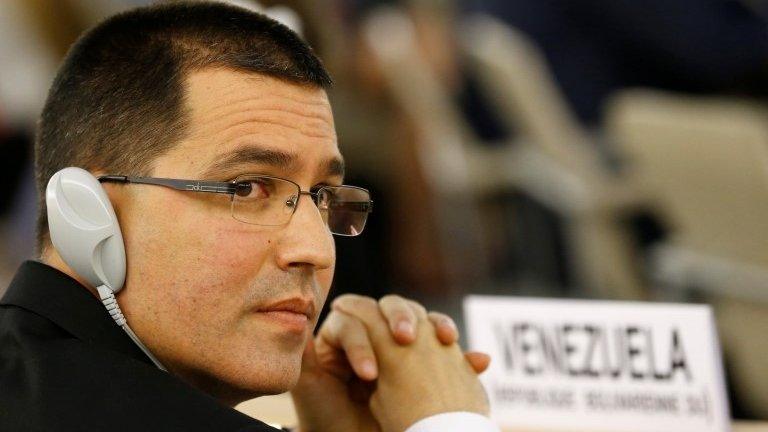
- Published1 September 2017
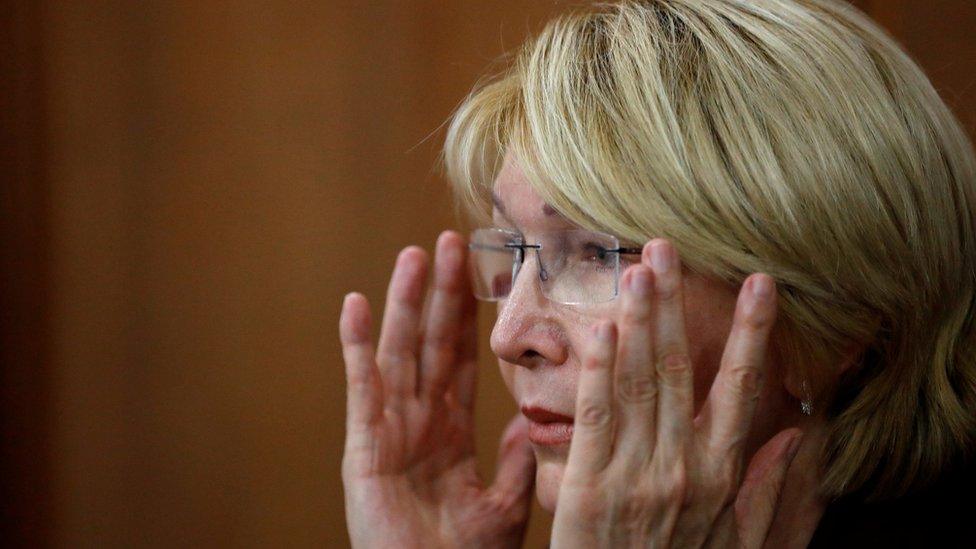
- Published30 August 2017
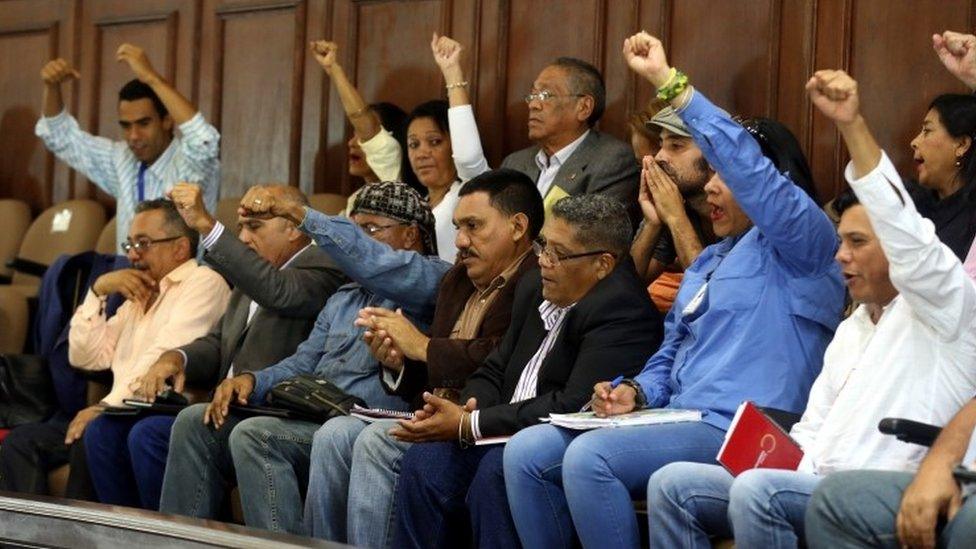
- Published24 August 2017
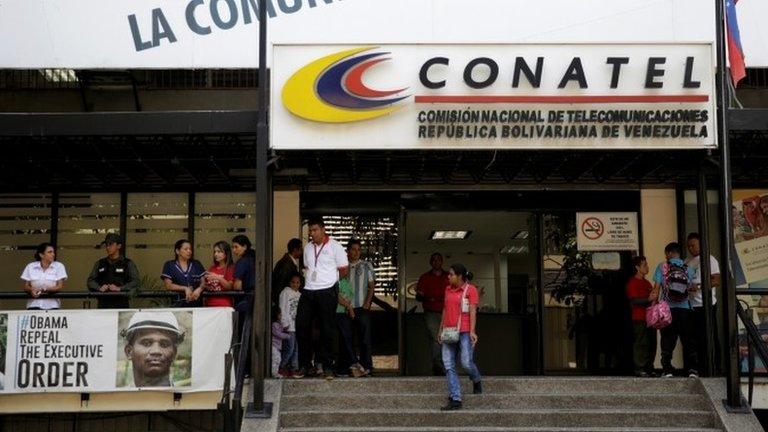
- Published21 August 2017
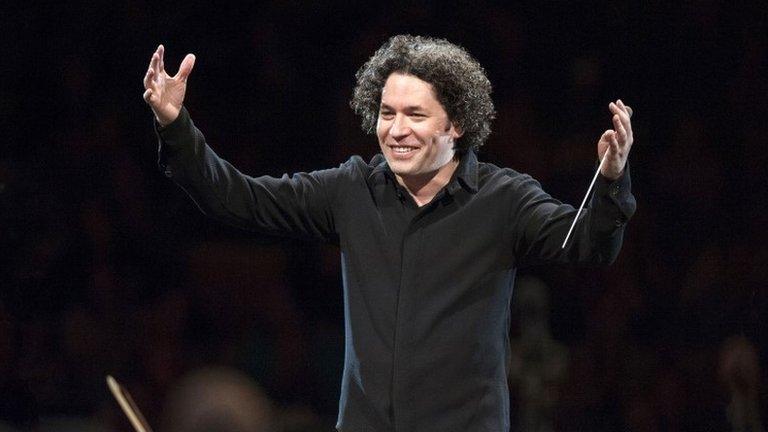
- Published12 August 2017
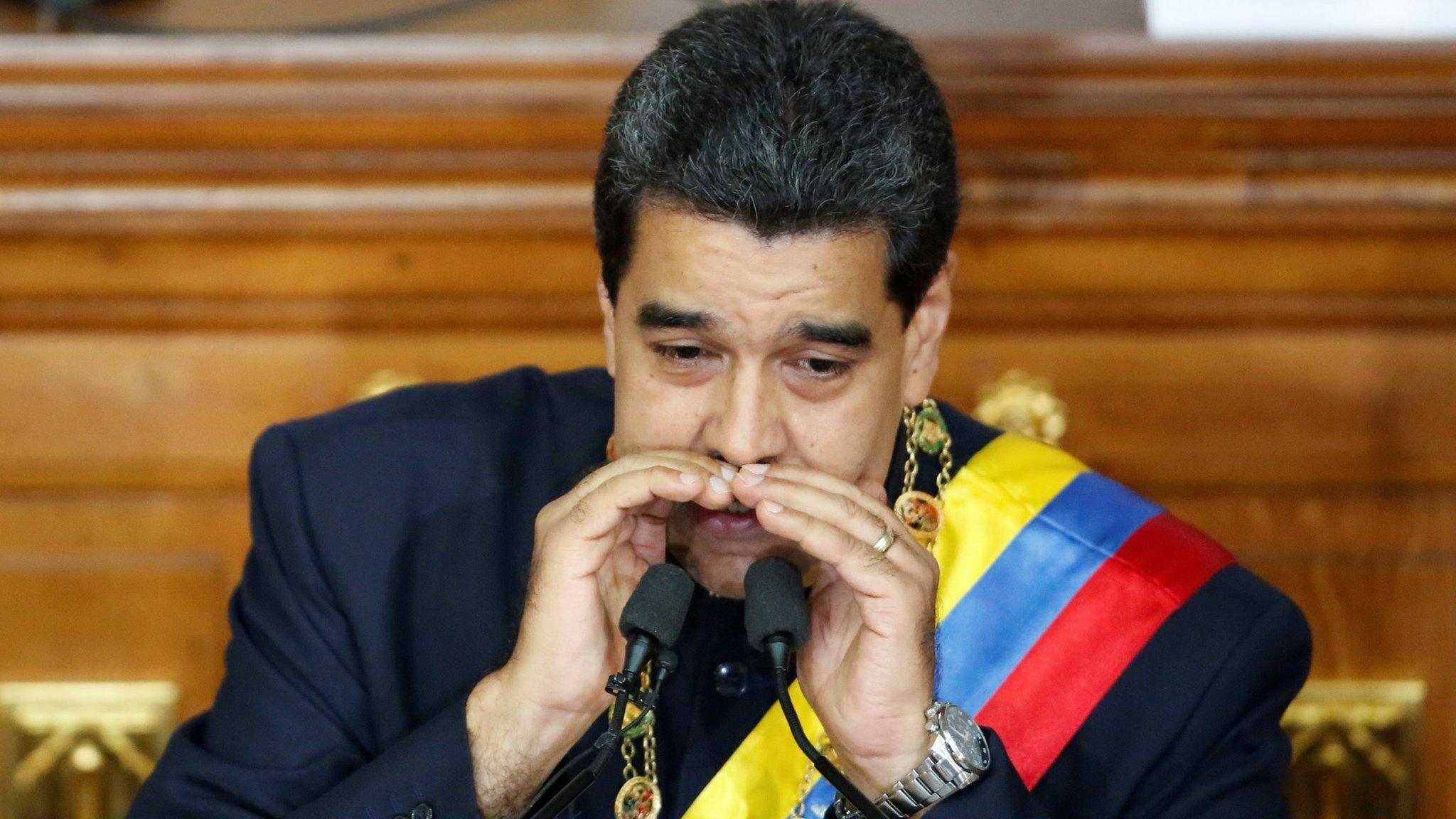
- Published8 August 2017
